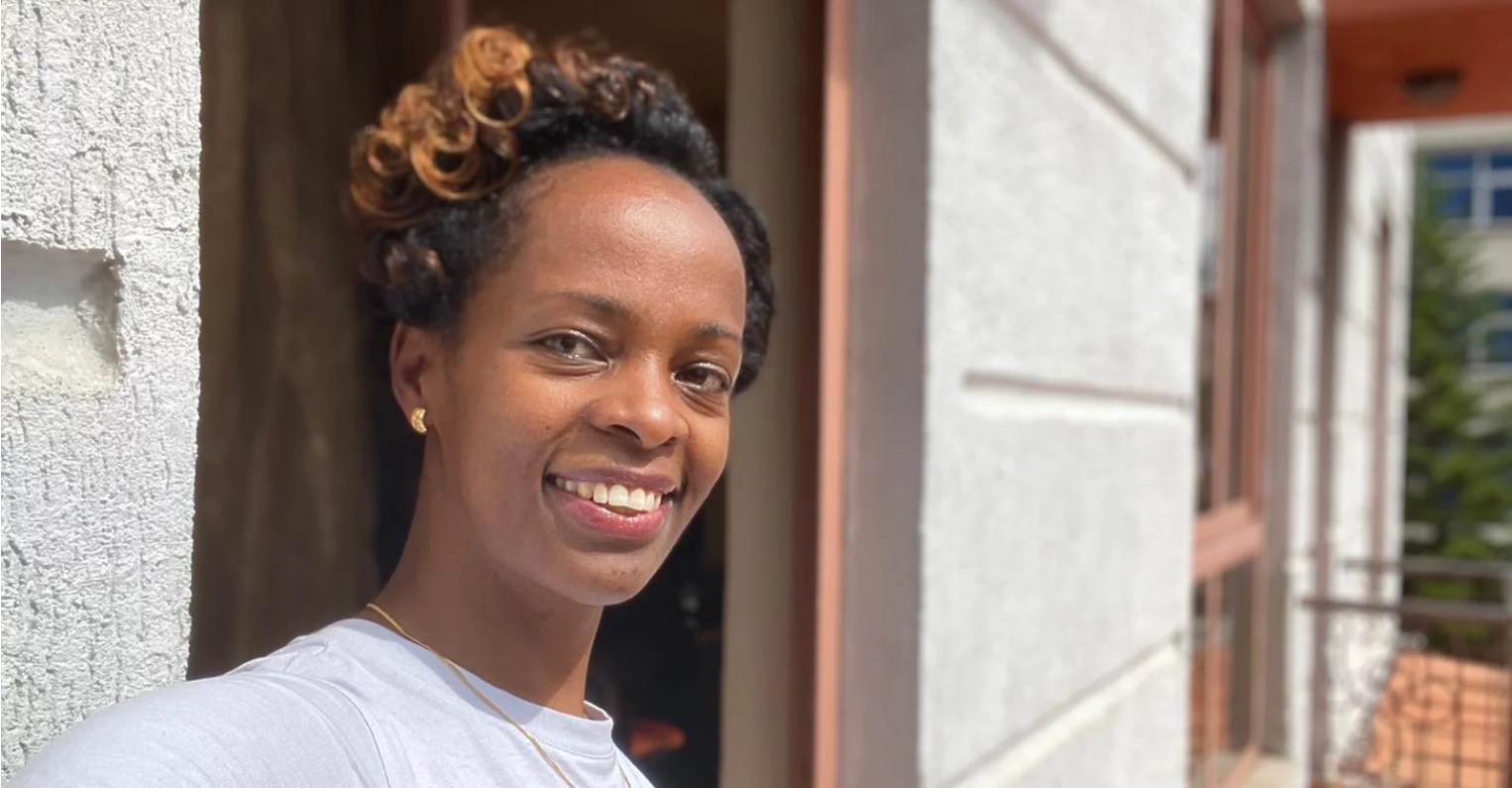BY: Maji Hailemariam –
In February, I decided to leave my town of Flint, Mich., and travel to my home country of Ethiopia to work on a potential mental health research partnership for a few months — and visit my family, whom I hadn’t seen since before the start of the pandemic. Cases seemed very stable both in Michigan and in Addis Ababa. Considering I take public health measures seriously and do not have much job-related exposure, I figured I would have a safe trip.
So, imagine my surprise when I found out that, just a few weeks after I arrived in Addis, I started experiencing COVID symptoms. Days later, my diabetic father — who I was staying with — started showing symptoms, too.
As I navigated the intricate landscape of testing, treatment and eventually, a vaccine for my father in Ethiopia, I realized just how much work the country needs to do to provide adequate COVID care to its citizens.
It was virtually impossible to get tested at a government health facility in my hometown of Hawassa, a town about 181 miles away from the capital. A visit to a private practice confirmed my worst fear. Then a few days later, my diabetic father also tested positive. He’s in his early 60s, so his age and pre-existing health conditions increased his vulnerability to fight the infection. I was immensely relieved that my father’s symptoms were not that serious.
The experience of getting COVID in Ethiopia made me wonder: how do people from poorer households, non-literate, rural or disabled manage to navigate the country’s poorly equipped, underfunded, overwhelmed healthcare systems?
Education and networking were the tools I used to sidestep overcrowded health centers. I called my medical doctor friends in Addis Ababa and the U.S. for advice on how to monitor my dad’s kidneys, diabetes and hypertension while he fought COVID. My friends suggested laboratory tests to check his creatinine, hemoglobin and oxygen levels. That required trips to three different private clinics in the city — which I drove dad to while struggling with my own COVID symptoms. All of them flatly refused to let him into their facility when they learned of his positive COVID diagnosis. Eventually, we were sent to a government-run COVID isolation center which we couldn’t enter, because at the time, it was beyond its full capacity. I had to use my personal connections to get the tests done elsewhere.
My attempts to secure these tests for my father, while battling the virus myself, made me brutally aware of my own privileges in a country where a vulnerable citizen can be turned away from critical care.

